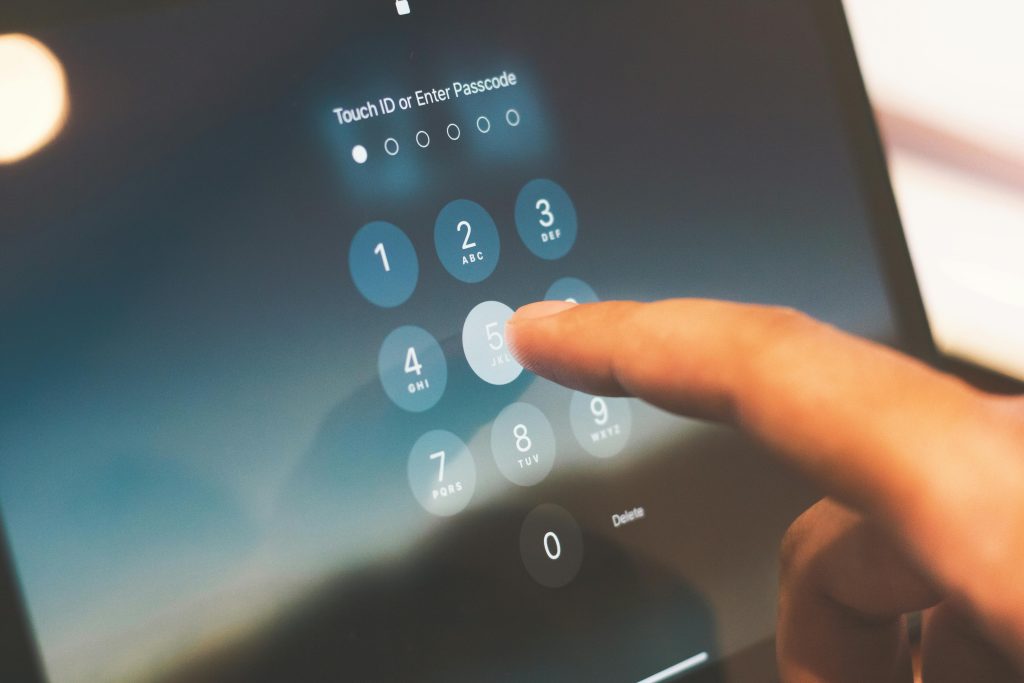Troubleshooting Slow Boot Times on Your Computer: A Simple Guide
Have you ever experienced agonizing delays when starting your computer? You’re not alone. Many users encounter frustrating issues where, instead of the usual smooth startup, they’re faced with a lengthy black screen displaying the manufacturer’s logo. If you find yourself waiting around 10 to 25 minutes just to get to the Windows lock screen, it’s time to take action.
Understanding the Issue
This common problem may manifest when your computer transitions from sleep mode. Instead of resuming quickly, you might notice a black screen featuring the Gigabyte logo and the Ultra Durable branding. This unexpected delay can be irritating, especially when you’re eager to get to work or enjoy some downtime on your machine.
Steps to Resolve the Slow Startup
Here are some troubleshooting steps that can help you get your computer back to its efficient self. Don’t worry if you’re not tech-savvy; these tips are straightforward:
-
Check Your Connections: Ensure that all cables—especially those connected to your monitor and power supply—are firm and secure. Loose connections can sometimes lead to display issues at startup.
-
Perform a Hard Reset: Power off your computer completely and disconnect it from the power source. Wait for a minute or two, then reconnect and turn it back on. This can help clear temporary glitches affecting your boot process.
-
Update Your BIOS: Sometimes, outdated BIOS settings can cause delays. Visit the manufacturer’s website to find the latest version for your motherboard. Follow their guide to safely perform the update.
-
Inspect for Hardware Issues: If you’re comfortable, open your computer case and check if the hardware components (like RAM and graphics card) are seated properly. If you’re hesitant, consider asking a professional for help.
-
Software Updates: Ensure that your operating system and drivers are up to date. Go to Settings > Update & Security to check for any available updates.
-
Consider System Restore: If you’ve recently made changes or installed new software, a system restore to a previous point might resolve the issue. This option can be accessed through your control panel.
Seeking Further Assistance
If you’ve tried the above steps and are still facing long boot times, it may be time to consult with a technician. They can provide a more detailed diagnosis and solutions tailored specifically to your setup.
In the realm of technology, starting your day with a functioning computer is essential. If you
Share this content:




Hi,
Given that your computer takes approximately 20 minutes to start, it could be caused by hardware issues, software conflicts, or BIOS settings. Here are some additional steps you can try:
chkdsk /f /r, then follow the prompts.If these steps do not resolve the issue, consulting with a professional technician to perform a comprehensive hardware diagnosis might be necessary. Sometimes, underlying hardware failures, such as failing SSDs or RAM issues, can